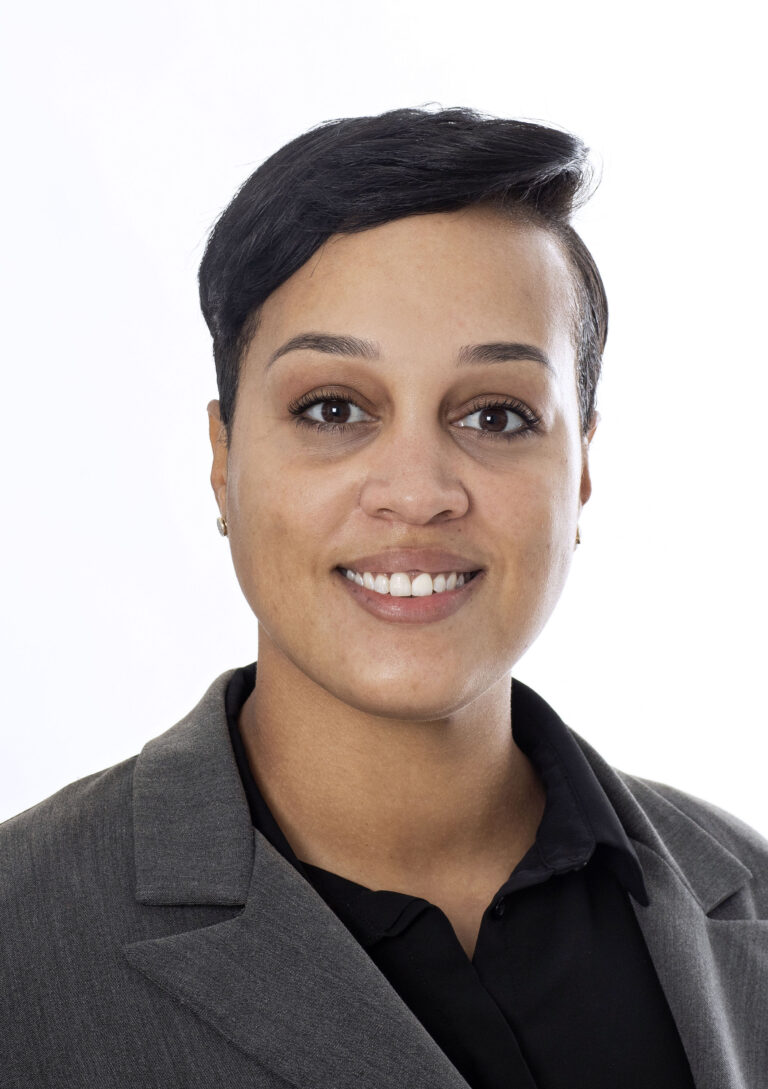When Terré Smith visited the island’s public schools early last year to speak with students about the Centennial Bermuda Foundation, she found most were “kind of unaware” of its scholarships. Although the organisation funds up to $1 million a year for those heading into higher education, Ms Smith, Centennial’s programme and operations manager, said a past focus on rewarding only those with the highest grades meant it wasn’t on the radar for many.
She hopes that is now changing. After carrying out a wide-ranging review of all of Bermuda’s scholarship offerings, the foundation has dramatically changed how it selects recipients, in order to be more inclusive and try to redress educational inequalities.
Having a minimum 3.0 or 3.5 GPA is no longer a prerequisite to apply; the majority of the academic scholarships for up to $35,000-a-year for up to four years are now open to those with grades of 2.0 and above.
There is also a new “SkillUp” award for $35,000 annually, which has no GPA requirement and is for those wishing to pursue careers requiring specialised skills and knowledge, such as a trade. “We want to get the attention of as many students as possible because we want to help the students who are in financial need,” said Ms Smith.
That need exists across the entire education system, as Centennial’s new way of filtering applicants has made abundantly clear.
Vivien Carter, Centennial’s director of programmes, explained that since the philanthropic foundation introduced a more stringent threshold for assessing financial need, scholarship applicants were split evenly between public and private schools. “When you begin adding other indicators to the formula, beyond just academic merit, now you are starting to have a levelling,” she said. “That’s what happened this past year. We hadn’t adjusted the GPAs last year, so this will be the first year where we modify the GPAs to a 2.0 minimum.”
Ms Carter said the organisation spent a year-and-a-half conducting its scholarship review, analysing the results and deciding how to make its programme more equitable. “We wanted to see what the data told us and what the people, the core people, the students and the families, felt. Our numbers weren’t reflecting, initially, all of Bermuda. This year, I was really pleased about the split because I think everybody may have thought it was going to be 100 per cent public school kids.
“But, we see there are people who are trying to find affordable ways to live who are putting their kids through private school.”
This year’s applicants had an average annual family income of $78,000 for a three-person household.
Those seeking a scholarship must be willing to share and verify the household gross income and dependency, as well as show they possess Bermudian status, have had a minimum of five years in the island’s education system, and have been accepted into an accredited institution for their studies.
Ms Smith said applicants must write two 300-word essays, explaining why they deserve the scholarship and why the programme of study they have chosen is right for them. She advised: “If students can be as detailed as possible and provide as much information as possible in the word count, that helps to give us a good idea of who they are.”
Ms Carter added: “Think about you. Think about who you are and what you did, how you got here. Why do you deserve this?”
A scoring system is used to filter the applications down to about 70 to 80 students, who are interviewed by Ms Smith and members of the Centennial scholarship committee. They then award about 12 or 13 new scholarships across five categories: Bermuda College/community college (minimum 2.0 GPA), undergraduate degree (2.0), arts degree (2.0), postgraduate degree (3.0), and SkillUp (no GPA requirement).
Ms Carter said: “We are really trying to let the cohort who apply dictate what scholarships land. This year, who knows, we may have 250 students who apply for an arts degree, just as an example. At a minimum, we would ensure we cover one in each bucket.”
She said applicants should come for their interview, usually around mid-June, ready to really share their story. “There’s no shame in your story, there is a celebration in your story, whatever your story may be,” said Ms Carter. “That’s what really resonates usually with the committee. Be your authentic self.”
Ms Smith agreed: “Come and be yourself. Do not stress. Beyond their application we just want to find out a little bit more about them.”
Applicants find out by the end of June if they’ve been successful. They can use their financial award for any expenses associated with their studies, be it tuition fees, rent, travel, visas or books. Once at university or college, they’ll need to submit two progress reports during the academic year, as well as their end-of-year transcript.
Another new initiative is for first-year scholarship recipients to be assigned a Centennial Success Coach – a mentor who is there to help ensure the foundation offers support far beyond just finances. “That was out of the feedback from the students,” explained Ms Carter. “We asked what do you need to complete and they said we would love to have a mentor.
“It’s another way for us to just ensure they are transitioning. A lot of the students we are getting now are first-generation, first in their family to go off to college, so they are getting that additional support beyond their families.”
It’s not mandatory but Centennial encourages scholarship winners to return to Bermuda after their studies. Ms Smith said: ‘The committee is usually a little more concerned with who will be returning back to Bermuda to invest in the island.”
Applications should be made at www.centennial.bm. The deadline is April 15.

